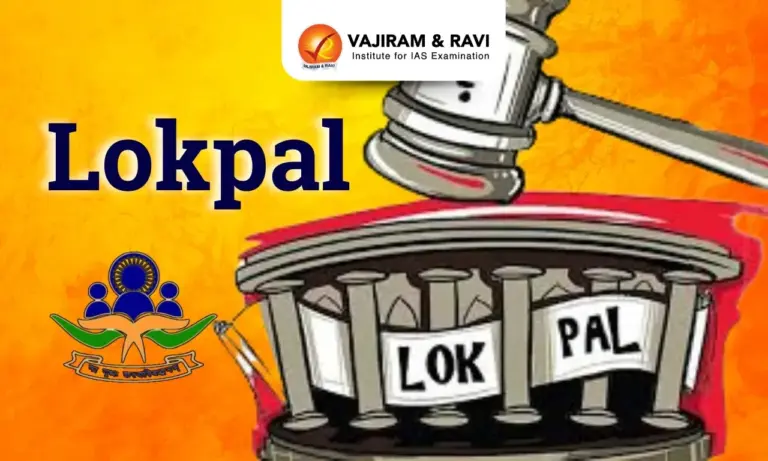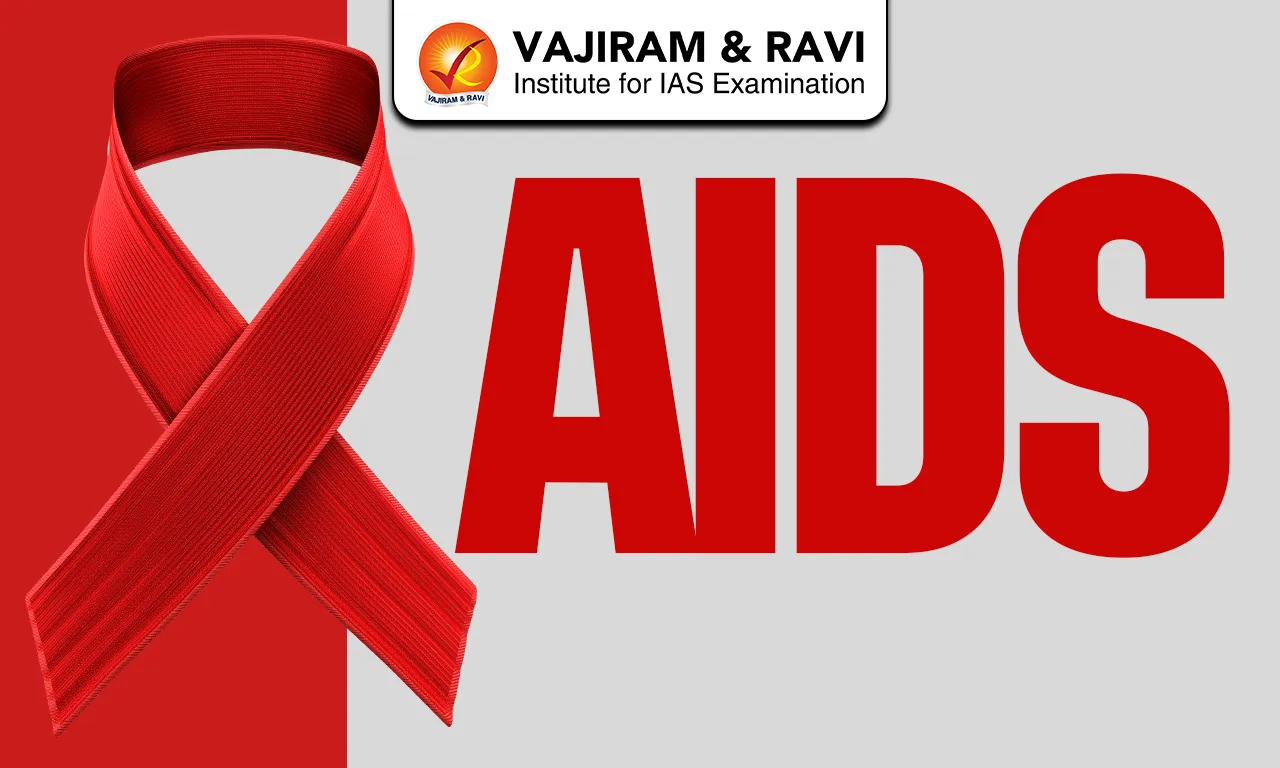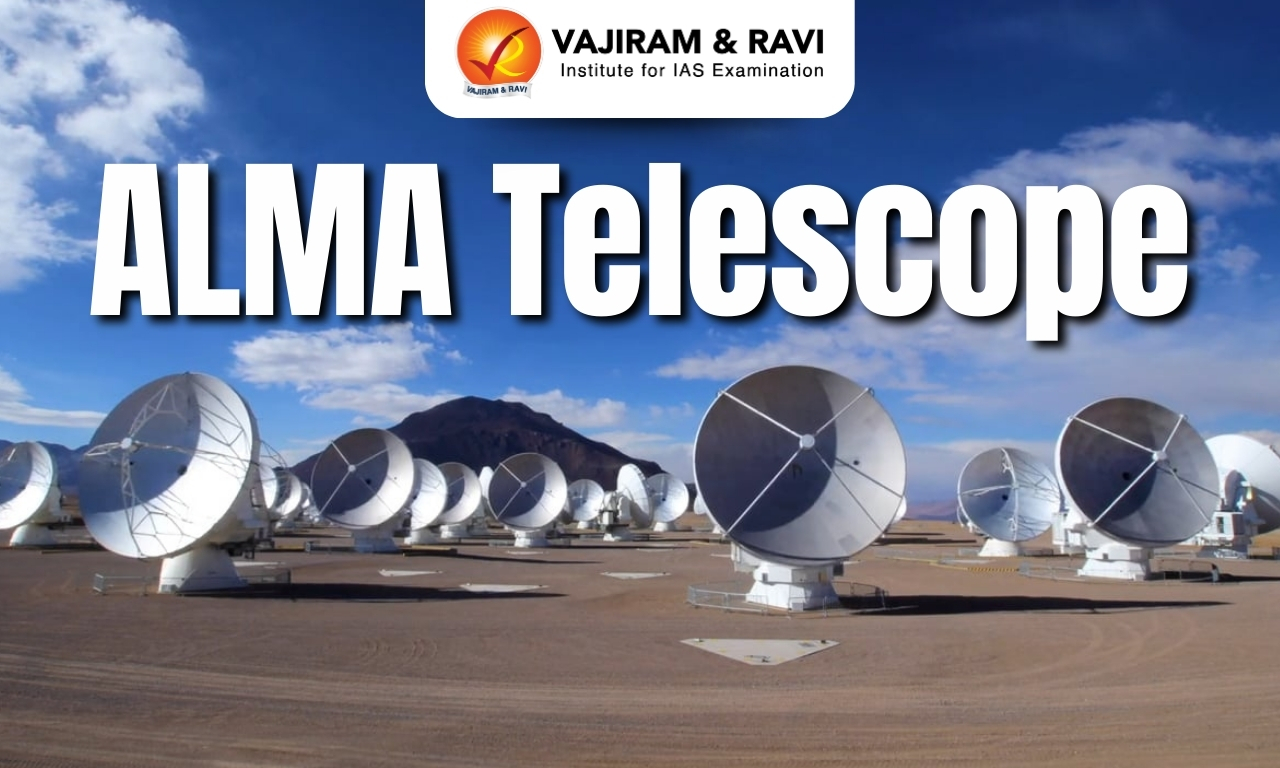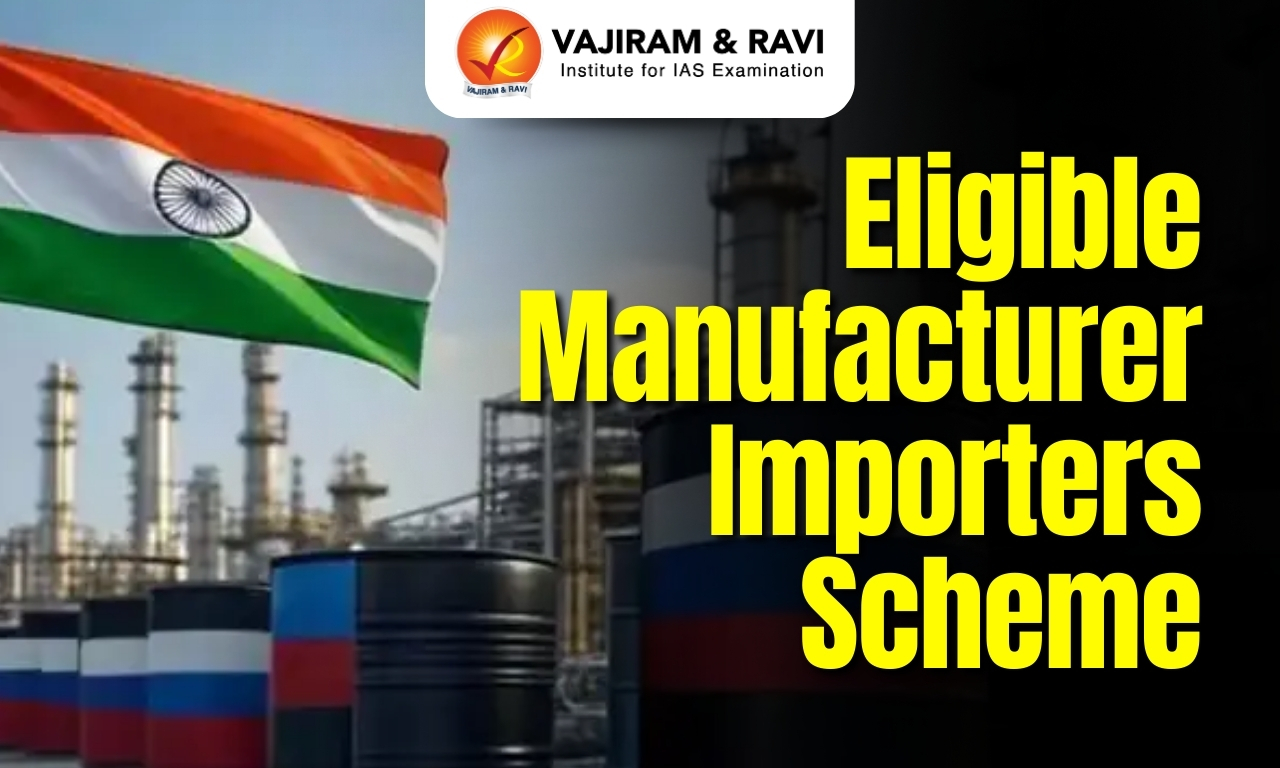About Lokpal:
- It is a statutory body established under the Lokpal and Lokayuktas Act 2013.
- Mandate: To inquire into allegations of corruption against certain public functionaries and for related matters.
- Organisational Structure:
- It consists of a chair person and eight Members, out of whom four are Judicial Members.
- The Chairperson should be either the former Chief Justice of India,or a former Judge of the Supreme Court, or an eminent person who fulfills the eligibility criteria as specified.
- The judicial member of the Lokpal should be either a former Judge of the Supreme Court or a former Chief Justice of a High Court.
- A minimum of fifty percent of the Members will be from SC/ST/OBC/Minorities and women.
- How are members appointed?
- The Chairperson and the Members are appointed by the President of India on the recommendation of a selection committee composed of the Prime Minister as the Chairperson, the Speaker of Lok Sabha, the Leader of Opposition in Lok Sabha, the Chief Justice of India or a Judge nominated by him/her, and one eminent jurist.
- They hold office for a term of five years from the date on which they enter upon the office or until they attain the age of 70 years, whichever is earlier.
- The salary, allowances, and other conditions of services of the Chairperson are the same as that of the Chief Justice of India.
- The salary, allowances, and other conditions of services of the members are the same as that of a Judge of the Supreme Court.
- Jurisdiction:
- It has jurisdiction to inquire into allegations of corruption against anyone who is or has been Prime Minister, a Minister in the Union government, or a Member of Parliament, as well as officials of the Union Government under Groups A, B, C, and D.
- It covers chairpersons, members, officers, and directors of any board, corporation, society, trust, or autonomous body either established by an Act of Parliament or wholly or partly funded by the Union or State government.
- It also covers any society, trust, or body that receives a foreign contribution above Rs 10 lakh.
- A complaint under the Lokpal Act should be in the prescribed form and must pertain to an offence under the Prevention of Corruption Act, 1988, against a public servant.
- There is no restriction on who can make such a complaint.
- When a complaint is received, the Lokpal may order a preliminary inquiry by its Inquiry Wing or any other agency or refer it for investigation by any agency, including the CBI, if there is a prima facie case.
- The Lokpal, with respect to Central government servants, shall refer the complaints to the Central Vigilance Commission (CVC).
- Exceptions for Prime Minister:
- Lokpal cannot inquire into allegations against the PM relating to international relations, external and internal security, public order, atomic energy, and space.
- Also, complaints against the PM are not to be probed unless the full Lokpal bench considers the initiation of the inquiry and at least 2/3rds of the members approve it.
- Powers of Lokpal:
- It has powers to superintendence over and to give direction to the CBI.
- If it has referred a case to the CBI, the investigating officer in such a case cannot be transferred without the approval of Lokpal.
- Powers to authorize CBI for search and seizure operations connected to such cases.
- The Inquiry Wing of the Lokpal has been vested with the powers of a civil court.
- Lokpal has powers of confiscation of assets, proceeds, receipts, and benefits arisen or procured by means of corruption in special circumstances.
- Lokpal has the power to recommend the transfer or suspension of public servants connected with the allegation of corruption.
- Lokpal has the power to give directions to prevent the destruction of records during the preliminary inquiry.
- In terms of Section 48 of the said Act, the Lokpal is required to present annually to the President a report on the work done by it, which is caused to be laid in both the Houses of the Parliament.
Q1: Who was the first Lokpal in India?
The first Lokpal of India was Justice Pinaki Chandra Ghose. He was appointed as the Chairperson of Lokpal on March 19, 2019. Justice Ghose was a former Judge of the Supreme Court of India and also served as a member of the National Human Rights Commission (NHRC) before his appointment as Lokpal.
Source: PIB
Last updated on March, 2026
→ UPSC Notification 2026 is now out on the official website at upsconline.nic.in.
→ UPSC IFoS Notification 2026 is now out on the official website at upsconline.nic.in.
→ UPSC Calendar 2026 has been released.
→ UPSC Final Result 2025 is expected to be released soon.
→ Check out the latest UPSC Syllabus 2026 here.
→ Join Vajiram & Ravi’s Interview Guidance Programme for expert help to crack your final UPSC stage.
→ UPSC Mains Result 2025 is now out.
→ UPSC Prelims 2026 will be conducted on 24th May, 2026 & UPSC Mains 2026 will be conducted on 21st August 2026.
→ The UPSC Selection Process is of 3 stages-Prelims, Mains and Interview.
→ Prepare effectively with Vajiram & Ravi’s UPSC Prelims Test Series 2026 featuring full-length mock tests, detailed solutions, and performance analysis.
→ Enroll in Vajiram & Ravi’s UPSC Mains Test Series 2026 for structured answer writing practice, expert evaluation, and exam-oriented feedback.
→ Join Vajiram & Ravi’s Best UPSC Mentorship Program for personalized guidance, strategy planning, and one-to-one support from experienced mentors.
→ Check UPSC Marksheet 2024 Here.
→ UPSC Toppers List 2024 is released now. Shakti Dubey is UPSC AIR 1 2024 Topper.
→ Also check Best UPSC Coaching in India


















